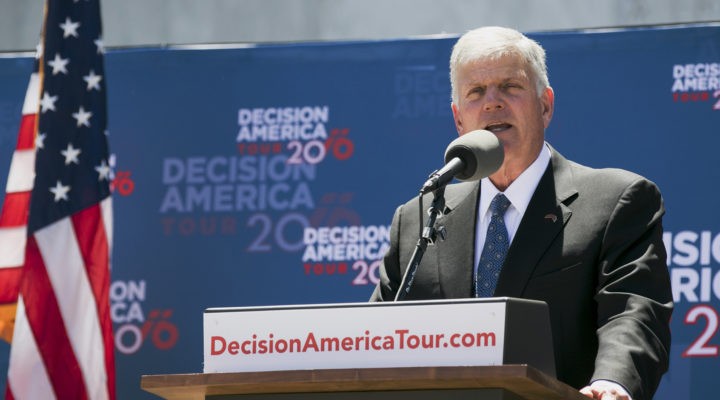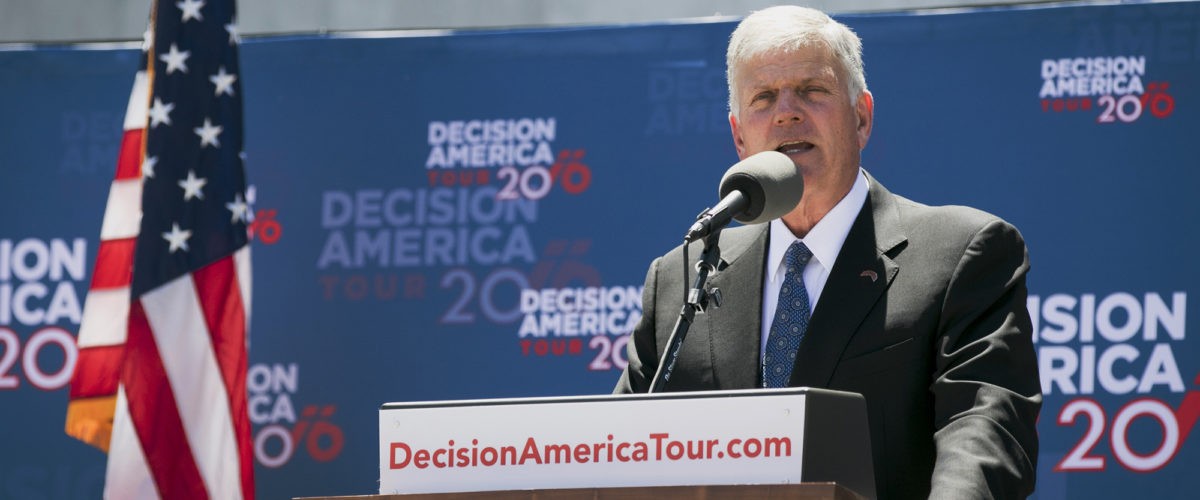Christians intent on preserving the faith in the United States should abandon efforts to achieve political dominance and instead embrace pluralism to halt the church’s numerical and reputational freefall, said the co-author of a study published recently in the journal Sociology of Religion.
In “Paradoxes of Pluralism, Privilege, and Persecution: Explaining Christian Growth and Decline Worldwide,” scholars Nilay Saiya and Stuti Manchanda overturn common assumptions about secularism and persecution, showing they can instead be conducive to the growth and vibrance of religion. On the other hand, achieving political power usually has the opposite effect, they found in research covering 166 nations over a 10-year period ending in 2020.
Saiya, an assistant professor of public policy and global affairs at Nanyang Technological University in Singapore, explained via e-mail that Christian conservatives in the U.S. are causing their churches more harm than good by seeking political solutions to their social and religious challenges.
Christian conservatives in the U.S. are causing their churches more harm than good by seeking political solutions to their social and religious challenges.
This is a long-standing trend that came to the forefront during Donald Trump’s presidency, when the Southern Baptist Convention and other white evangelical groups became synonymous with the Republican Party. During their annual meeting in Nashville, Tenn., this week, some SBC leaders lamented the convention’s close public association with politics instead of its goal of being an evangelizing and church-planting organization.
“During the same period of time that conservative Christians have attempted to ‘take America back for God’ by achieving political power, the country has witnessed a sharp turn toward secularism,” Saiya said, adding that an estimated 23% of Americans currently report having no religious affiliation, compared to 6% in 1990.
A January 2021 Pew Research Center poll reported that up to 28% of American adults self-identified as religiously unaffiliated.

Nilay Saiya
The spectacle of religion trying to dominate politics is a turnoff for prospective and existing members alike, he added. “The politicization of Christianity is repelling potential converts to Christianity who see the Christian faith as nothing more than a political movement. It is also driving away Christians themselves who no longer can tolerate their faith being equated with a particular party or the ideology of Christian nationalism.”
Christianity is further damaged when its political ascendance marginalizes other religions, Saiya said. “In settings of privilege, Christians do not have to worry as much about religious competition because they have the favor of the state. Christians do not have to win the battle for hearts through the strength of their arguments. This naturally weakens Christianity theologically and numerically.”
Conservative U.S. Christians are not alone in their quest for power, as evidenced by the Orthodox Church in Russia, nor is the impulse limited to Christianity, the researchers found.
“The political privileging of religion can corrupt any faith tradition and lead to negative political and social outcomes,” Saiya said, citing the Hindutva (Hindu nationalism) movement in India, Islamism in Pakistan and Buddhist nationalism in Burma and Sri Lanka.
These traps can be more readily avoided in more secular environments in which faith groups can exist on a level playing field, he said.
“In settings of pluralism where Christianity has to compete with other faith traditions on a level playing field, Christians cannot become dependent on the state to give them a leg up on the competition. Christianity must fend for itself,” he said. “This means that Christians who hope to spread the gospel must develop sound arguments for their religious convictions and have a deep knowledge of their faith.”
“The political privileging of religion can corrupt any faith tradition and lead to negative political and social outcomes.”
Saiya added that a pluralistic society is one that embraces religious freedom and “the government generally does not interfere in the religious landscape of a country, privilege certain religions over others, or discriminate against them. The government’s protection of religious freedoms allows, in principle, for the emergence and flourishing of minority faith traditions.”
Christianity is usually not weakened in foreign countries where its members face firm restrictions or persecution, he said. “In some cases, Christianity even grows despite persecution. I believe this is because persecution often strengthens devotion to the faith and bonds of solidarity among believers. Missionaries in countries hostile to Christianity report this very phenomenon.”
But he added that there are exceptions. “In places where Christians are being killed for their faith (like Iraq) we would not necessarily expect to see the growth of Christianity.”
Conservative evangelicals, including those associated with white Christian nationalism, often claim persecution at the hands of government and a culture they consider liberal and hostile. Saiya disputed that perspective.
“I understand the sentiments of American Christians who feel that they are facing strong headwinds stemming from an aggressive form of secularism, especially in areas related to gender and sexuality,” he said. “Christians in the United States are treated no worse than other faith traditions. Christianity even enjoys some privileges not given to other religions.”
And whatever their complaints about their treatment, Christians in part have brought it on themselves by hastening an “increasingly secular American culture through misguided culture wars, scandals and the politicization of the Christian faith.”
Related articles:
Less than half of Americans now claim a formal congregational membership
In BNG webinar, Ryan Burge details the double threat to denominational churches in America


